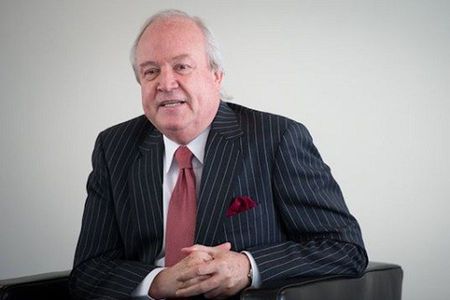Heine Discusses the UN’s 2030 Goal

Ambassador Jorge Heine, Research Professor at Boston University’s Frederick S. Pardee School of Global Studies, was interviewed at the Summit of The Future that wrapped at the United Nations headquarters in New York, a pivotal event that addressed global challenges and the mobilization of resources towards the UN’s 2030 agenda.
Accompanying Heine in the discussion of revitalizing cooperation in areas like peace,sustainable development, and global governance, with an emphasis toward modernizing systems, was Guy Bernard Ryder, Anacláudia Rossbach, Nyaradzayi Gumbonzvanda, David Passarelli, Einar Tangen, and David Monyae.
In his interview, Heine addresses the role of Latin America at the United Nations and what it could be in the future. He highlights how twenty out of fifty-one founding states of the UN were from Latin America. However, despite this fact, there is discontent in Latin America because it was not given a seat in the P5. Thus, Heine believes that while it would like to continue to work on international law and other activities, it would want to reform the UN and adapt it to the reality of the century.
Regarding the role that the UN can play in the global regulation of technologies such as artificial intelligence, Heine asserts that it can play a bigger role and establish a regulatory framework. He expresses concerns about what AI can do and the dire state that would arise if it were mishandled. Especially after learning lessons from the internet not being properly internationally regulated, Heine hopes that one can design a regulatory body that avoids AI going astray.
Heine expresses his concerns about young people feeling alienated and disaffected as political systems do not address or respond to their needs. He believes that engaging young people in the UN and these systems is very critical as they are the future and things need to change. Building onto this, Heine claims that in an increasingly globalized and interconnected world, connectivity is of essence, both physically and digitally. He asserts that this kind of connectivity is of significant importance in fostering economic growth.
The interview in full can be accessed on CGTN America here.